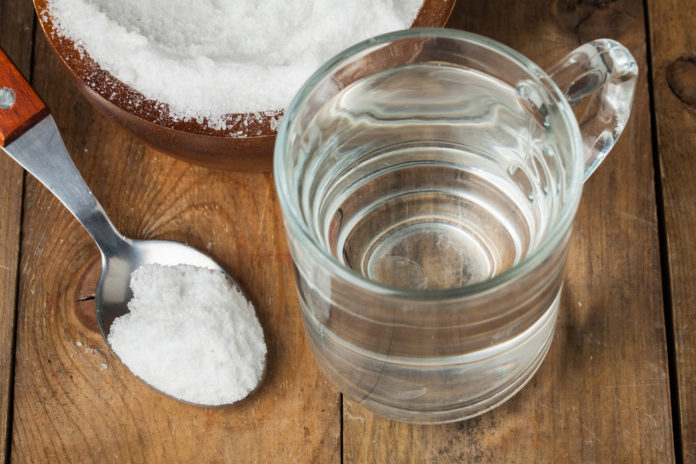Water intake is absolutely critical to good health. In the absence of certain chronic diseases or conditions, its consumption is urged across all lifespans. But is there a superior water that you should be drinking? Alkaline water enthusiasts suggest so! What is alkaline water and its associated potential benefits and risks?
What Is Alkaline Water?
As a little background, the term “alkaline” refers to a pH level. The pH level measures how alkaline or acidic a substance is, based on a number scale of 0 to 14 – a pH less than seven is acidic and a pH greater than seven is alkaline, with seven indicative of a neutral pH. When comparing water types, tap water generally offers a neutral pH (seven) while alkaline water has a higher pH of eight or nine. Alkaline water may occur naturally as it rolls over mineral-containing rocks or created by manufacturers with minerals being added to purified water.
Alkaline Water Benefits and Risks
When it comes to the benefits of alkaline water, the finger is largely pointed to silica, calcium, potassium, magnesium, and bicarbonate it contains. The composition is suggested to buffer acidity in the body, thus improving health to the body. Specifically, small evidence and advocates suggest alkaline water…
…strengthens bones.
The calcium content in alkaline water can certainly support bone health. But the offering of silica (naturally found in rocks, sands, and clays) deepens the interest of alkaline water and bone support. A study has suggested a deficiency in silica may cause deformities in the skull and peripheral bones while compromising the formation of joints and strength of cartilage and collagen.
…protects the heart.
Some of the minerals in alkaline water play a large role in heart health, as potassium keeps the heart beating in a normal rhythm and a magnesium deficiency has shown to increase the risk of heart dysfunctions. Antioxidant properties of alkaline water may further protect the heart against damage.
…treats reflux disease.
As explained, alkaline water is explored to balance pH level. Laboratory studies suggest alkaline water (with the pH of 8) may act as a good acid buffer, thus showing potential use for people managing reflux disease.
…enhances fitness.
When you exercise at an intense level, the body starts to produce and unleash sweat, ultimately losing electrolytes. Replenishing electrolytes following sweat loss is critical to keep body processes running. Additionally, some of its users suggest alkaline water improves oxygenation, thus enhancing endurance levels.
The intake of alkaline can be risky for some individuals, especially those diagnosed with a kidney condition. The minerals found in alkaline water may buildup in the body and create negative side effects. It is also extremely important to recognize the power of the body. The body houses valuable organs, intricately working to naturally balance blood pH. And if pH becomes out of balance, it is critical to identify and correct the underlying cause, rather than trying to correct the condition with alkaline water.
Is Alkaline Water Good for You?
Most healthcare professionals remain weary on alkaline water, mostly related to the health claims that circle around it. Though implementing dietary measures are primarily based on hopeful effectiveness, health experts admire and advise based on research, rather than self-reported claims. They strongly urge consumers to divvy away from tempting health claims, especially in the absence of well-established evidence. So when it comes to the consumption of alkaline water, it is generally considered safe and may provide health benefits. But while it does offer natural minerals, drinking alkaline water to eliminate chronic disease and optimize health may be far-fetched. So, whether or not in the source of alkaline water, healthcare professionals encourage water intake related to its benefits to the body!
References:
Koufman JA, Johnston N. Potential benefits of pH 8.8 alkaline drinking water as an adjunct in the treatment of reflux disease. Annals of Otology, Rhinology & Laryngology. 2012 Jul;121(7):431-4.
Martin, KR. The Chemistry of Silica and Potential Health Benefits. The Journal of Nutrition, Health & Aging. 11.2 (Mar/Apr 2007): 94-7.









